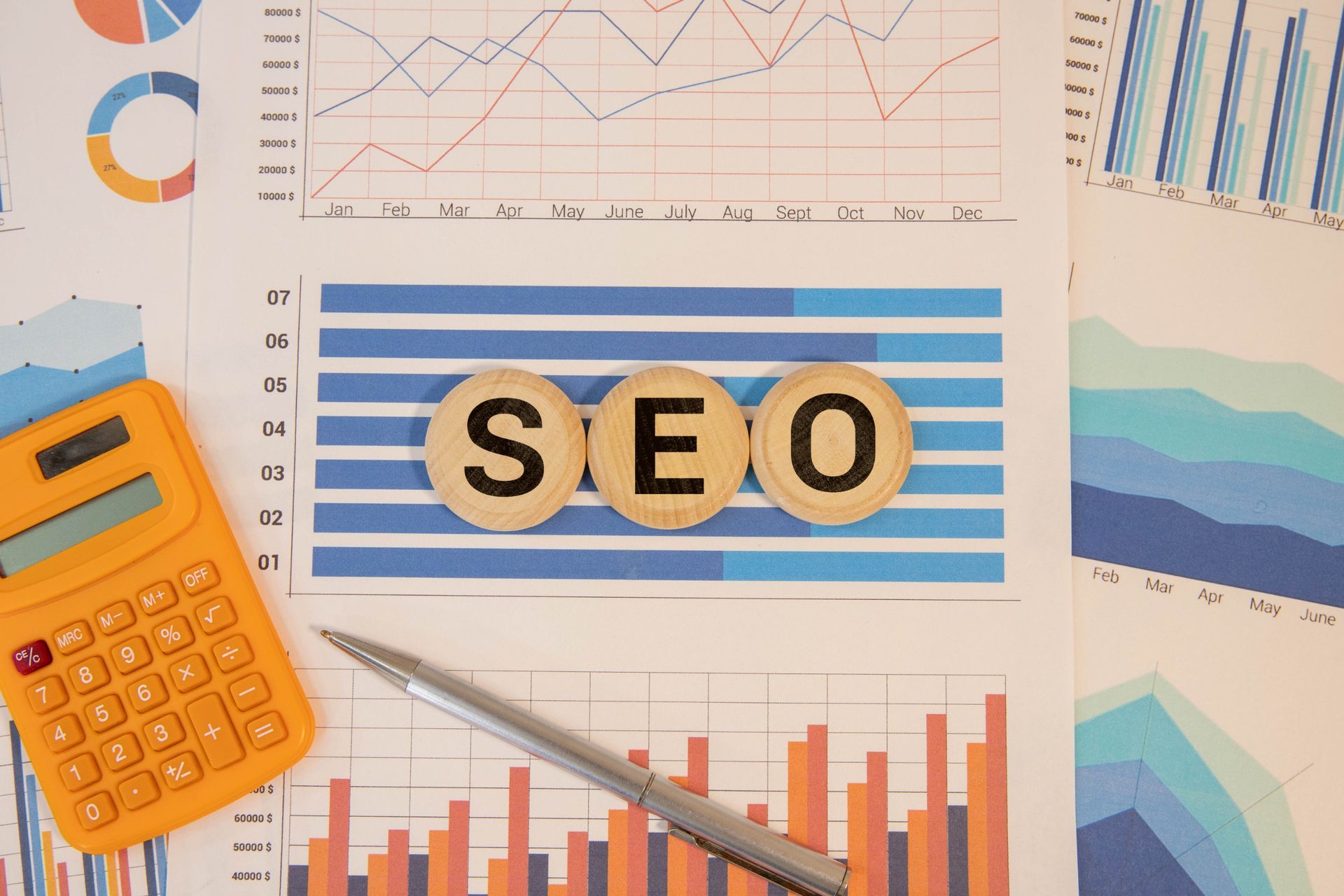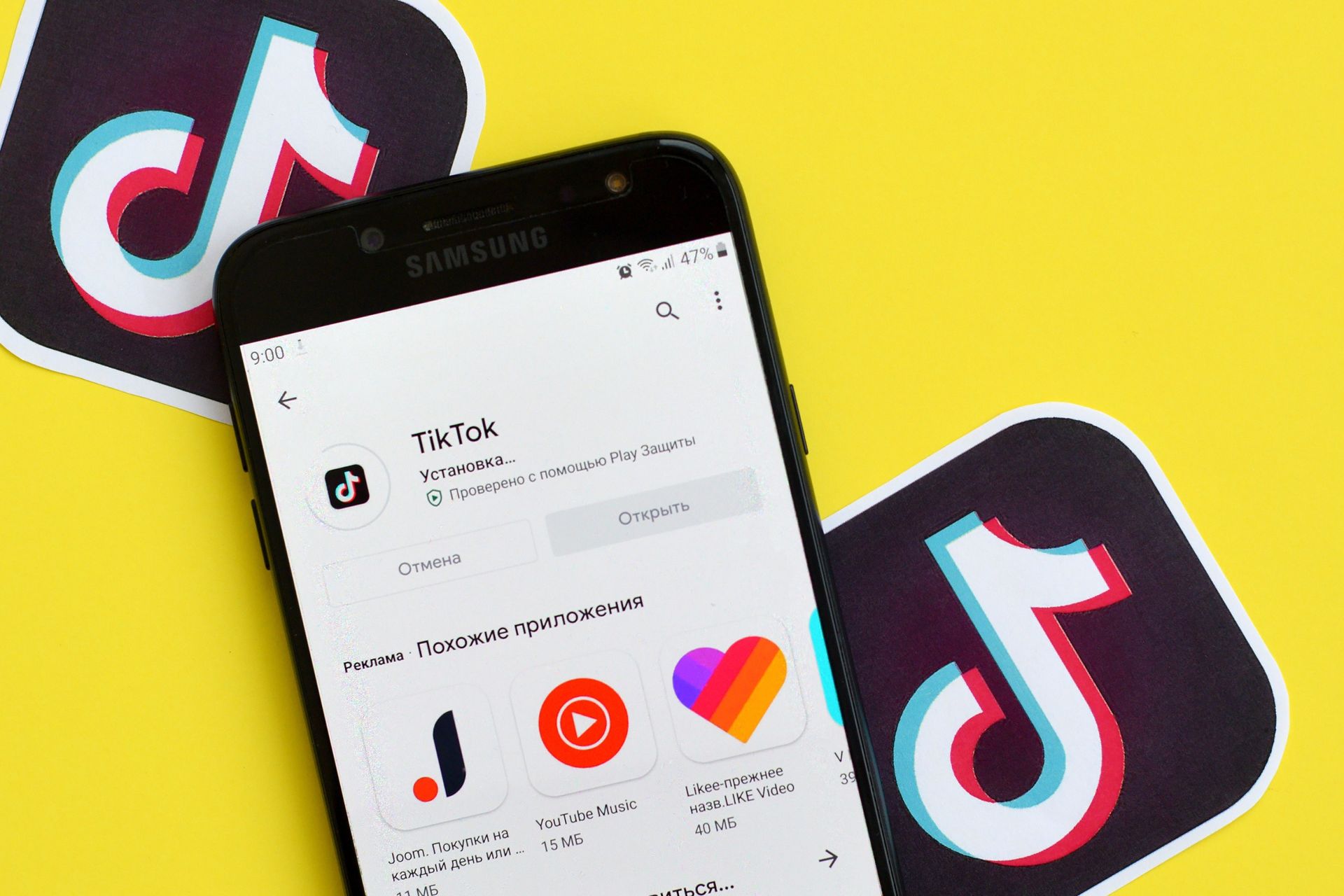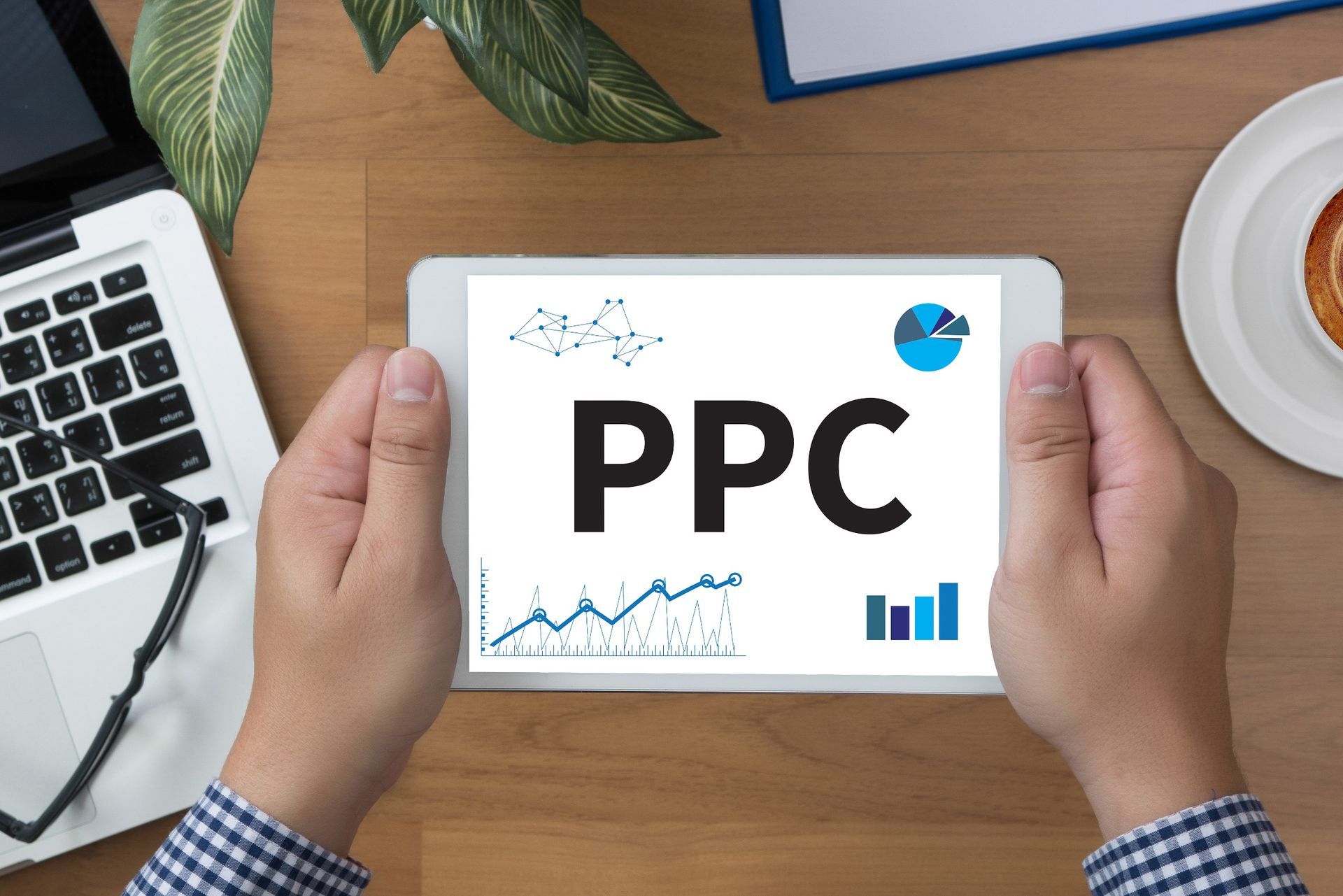7 Reasons Why SMS Is the Marketing Tool of the Future
SMS marketing is rapidly becoming a game-changer for businesses. It's cost-effective, direct, and provides instant communication.
Unlike emails, which can get buried in crowded inboxes, text messages are almost always read. This gives businesses a unique opportunity to engage their audience quickly.
The rise of smartphones has made SMS a powerful tool for reaching customers wherever they are. In this blog post, we'll explore seven compelling reasons why SMS is the marketing tool of the future.
Overview of SMS Marketing and Its Growing Significance
SMS marketing, or text message marketing, has become a key strategy for businesses to boost customer engagement and sales. The increasing reliance on mobile devices has made SMS marketing more relevant than ever.
Here are the key aspects making SMS marketing significant:
Instant Communication
- Direct Delivery: Text messages are delivered directly to the customer's phone, ensuring prompt receipt.
- High Open Rates: SMS open rates are significantly higher compared to emails, often reaching up to 98%.
Personalization and Engagement
With SMS marketing, businesses can tailor messages specifically to individual customer preferences. Personalized messages tend to foster deeper engagement and loyalty.
The integration of customer data makes it easier to send targeted promotions, reminders, and updates.
Cost-Effectiveness
- Low Cost: Compared to traditional marketing channels, SMS marketing is incredibly cost-efficient.
- High ROI: Due to its direct nature, SMS marketing often results in higher return on investment (ROI).
Quick Feedback and Interaction
SMS allows businesses to quickly gather customer feedback and insights. Surveys or direct responses via SMS enable rapid interaction, helping businesses quickly adapt to customer needs and preferences.
Enhanced Customer Reach
- Wide Accessibility: Almost everyone with a mobile phone can receive text messages, making SMS marketing accessible to a broad audience.
- No Internet Needed: Unlike social media and email, SMS does not require an internet connection, ensuring your message gets through in real-time.
7 Reasons Why SMS Is the Marketing Tool of the Future
1. Direct and Immediate Communication
A key advantage of SMS marketing is its ability to facilitate direct and immediate communication.
Text messages are delivered instantly to the recipient's mobile phone. This ensures your message is seen quickly, often within minutes of being sent.
There is no need for the recipient to check their email or log into a social media account.
This immediacy is especially useful for time-sensitive promotions or urgent updates.
Furthermore, with the ubiquity of mobile phones, your audience is almost always reachable, regardless of their location.
2. High Open and Conversion Rates
One of the biggest advantages of SMS marketing is its high open rates. Nearly every text message sent gets opened and read.
This is much higher than email open rates, which often get ignored or filtered out. High open rates mean that more people see your messages.
When people read your messages, they are more likely to take action, leading to higher conversion rates. Whether it's clicking a link, redeeming a discount, or visiting a store, SMS messages drive more engagement from customers.
This directly translates to increased sales and better outcomes for marketing campaigns.
3. Cost-Effectiveness and High ROI
SMS marketing is cost-effective and provides a high return on investment (ROI). It is cheaper than many traditional marketing methods.
Sending a text message costs very little, and you can reach a large audience with minimal expense. Because text messages are direct and highly engaging, they often lead to more sales and customer actions.
This means businesses get more value for every dollar spent on SMS marketing. In short, SMS marketing offers a budget-friendly way to achieve impressive results.
4. Personalization and Targeting
SMS marketing allows businesses to personalize their messages. Companies can use customer data to send specific offers and information that match individual preferences. This makes customers feel special and more connected to the brand.
Personalized messages are more likely to be read and appreciated. They can include the customer’s name, interests, or purchase history.
This targeted approach helps in building a stronger relationship with customers, leading to better engagement and loyalty.
5. Opt-In Nature and Compliance
SMS marketing is permission-based, meaning customers choose to receive messages. This helps ensure that people receiving your messages are genuinely interested in your products or services.
Compliance with regulations is essential for SMS marketing. Businesses must follow rules to protect customer privacy and avoid spam.
This builds trust with customers, as they know their data is safe. Opt-in marketing ensures higher engagement because the audience is more receptive.
6. Integration with Other Marketing Channels
SMS marketing can seamlessly integrate with other marketing channels, amplifying the impact of your campaigns. For example, you can use SMS to complement email marketing by sending reminders or follow-ups.
You can also drive traffic to your social media pages or website through strategically timed text messages. This multi-channel approach enhances overall campaign effectiveness and customer engagement.
7. Measurable and Trackable Results
With SMS marketing, it is easy to measure and track the results of your campaigns. You can see how many people received your message and how many took action.
This helps you understand what works and what needs improvement. By analyzing this data, you can make your future campaigns even better.
Knowing exactly what your customers respond to makes your marketing more effective and efficient.
How Small Businesses Can Start Using SMS Marketing Today
Getting started with SMS marketing is easier than you might think. Here are some steps to help you launch your first campaign:
- Choose a reliable SMS marketing platform: Look for a platform that fits your business needs and offers features like message scheduling, analytics, and easy integration with your existing tools.
- Build your opt-in list: Collect phone numbers from customers who are willing to receive SMS updates. Make sure to gain their explicit consent to comply with regulations.
- Create engaging content: Develop concise, clear, and compelling messages. Keep your texts relevant and valuable to your audience, whether it’s promotional offers, updates, or reminders.
- Schedule and send your messages: Plan your campaign timing carefully. Ensure that your messages are sent at the right time to maximize engagement and avoid inconveniencing your recipients.
- Monitor performance: Use the analytics provided by your SMS marketing platform to track open rates, conversion rates, and customer responses. This will help you gauge the effectiveness of your campaigns.
- Adjust and improve: Based on the insights from your analytics, refine your messages and strategies. Continuous improvement is key to maintaining high engagement and ROI in your SMS marketing efforts.
Common Misconceptions and How to Overcome Them
Despite its advantages, some misconceptions about SMS marketing persist. Here’s how to address them:
- SMS marketing is too intrusive: Some people believe that SMS marketing is bothersome. To address this, ensure you only send messages to customers who have opted in, and respect their preferences by not overwhelming them with too many texts.
- Limited message length restricts creativity: Though SMS has a character limit, it encourages concise and clear communication. Focus on crafting short, impactful messages that capture your audience's attention quickly.
- Difficult to measure ROI: With the right SMS marketing platform, you can easily track metrics such as delivery rates, open rates, and conversions. This data helps you gauge the success of your campaigns and make informed decisions.
- Not suitable for all businesses: While it may seem that SMS marketing is only for certain industries, businesses of all types can benefit from it. By segmenting your audience and tailoring your messages, you can reach a wide range of customers effectively.
- Potential for high opt-out rates: To minimize opt-outs, ensure that your messages provide real value to your audience. Avoid generic content and focus on personalized, relevant, and timely updates that your customers will appreciate.
Conclusion
As we’ve explored, SMS marketing offers numerous benefits. From direct communication and high engagement to cost-effectiveness and measurable results, SMS offers a competitive edge in today's market.
By understanding its potential and implementing best practices, small businesses can harness the power of SMS. Start leveraging SMS marketing today and watch your business thrive.











